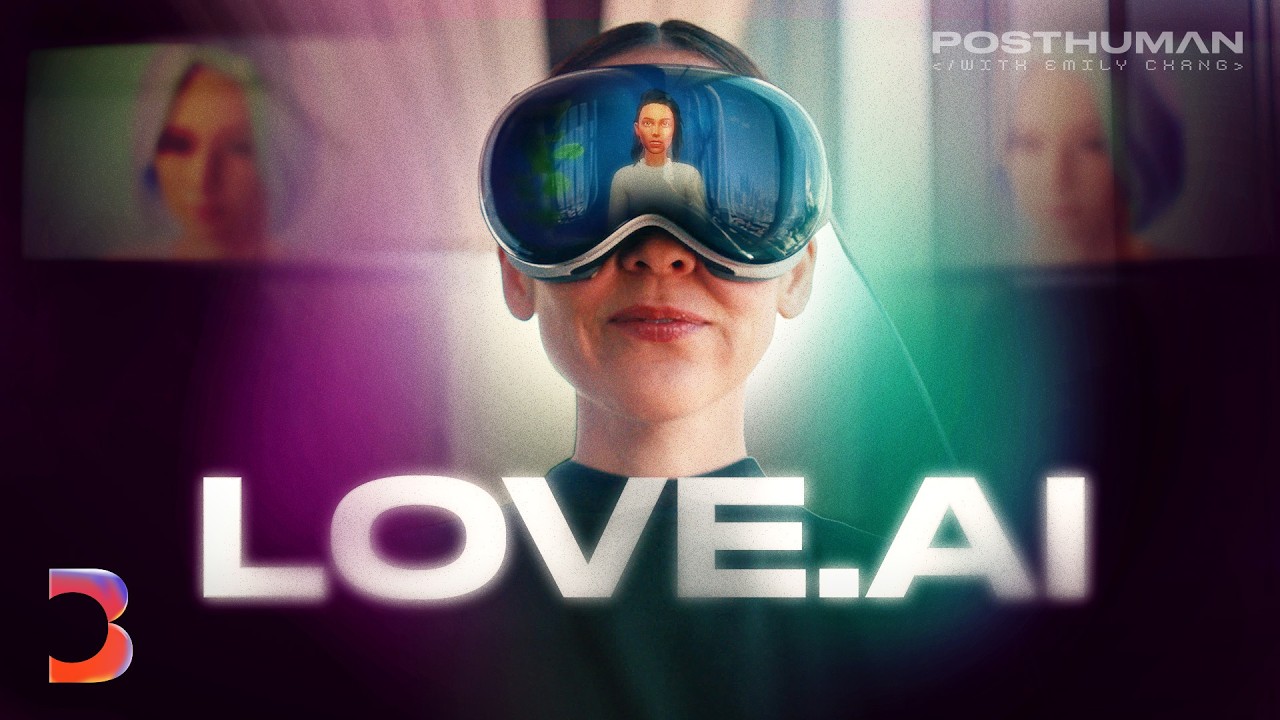The video “AI Girlfriends Always Say Yes, But There’s a Catch” explores the emotional connections people form with AI companions, highlighting both the supportive roles they play in users’ lives and the potential risks of increased isolation and disconnection from real human relationships. It raises ethical concerns about “artificial intimacy” and encourages viewers to reflect on the implications of relying on AI for companionship in an increasingly digital world.
In the video “AI Girlfriends Always Say Yes, But There’s a Catch” from the series Posthuman with Emily Chang, the exploration of AI companions delves into the emotional connections people form with these digital entities. The narrative begins with individuals sharing their experiences with AI companions, such as Replika, highlighting how these relationships provide a non-judgmental space for self-expression and emotional support. Users like Jordan Graham describe their AI companions as confidants that help them navigate personal challenges, including trauma and identity exploration, showcasing the potential for AI to facilitate self-discovery.
The video raises critical questions about the implications of forming deep emotional bonds with AI. While some view these relationships as a means of enhancing human connection, others express concern that they may lead to increased isolation. Experts discuss the dual nature of AI relationships, suggesting that they can either complement human interactions or serve as substitutes, potentially leading to a dystopian future where people prefer AI companionship over real human relationships. The conversation emphasizes the need to understand the emotional responsibilities that come with these technologies.
Caryn Marjorie, a social media influencer, is introduced as a pioneer in the AI companion space, having created CarynAI, a chatbot that mimics her personality. CarynAI gained significant attention and financial success, raising questions about the commercialization of AI companionship. Users like Lee, who has faced mental health challenges, share how CarynAI provided them with support during difficult times, illustrating the real emotional impact these AI companions can have on individuals’ lives.
The video also addresses the ethical considerations surrounding AI companionship, particularly the concept of “artificial intimacy.” Critics argue that while AI can simulate empathy and affection, it lacks genuine emotional understanding, leading to a form of psychological make-believe. This raises concerns about the potential for users to become disconnected from authentic human relationships, as they may find solace in the unwavering support of AI companions, which can be more appealing than the complexities of real-life interactions.
Ultimately, the video concludes with a reflection on the future of AI relationships and their place in society. As technology continues to evolve, the line between human and AI companionship may blur, prompting society to reassess the nature of love, connection, and emotional fulfillment. The discussion encourages viewers to consider the implications of relying on AI for companionship and the importance of maintaining genuine human connections in an increasingly digital world.
